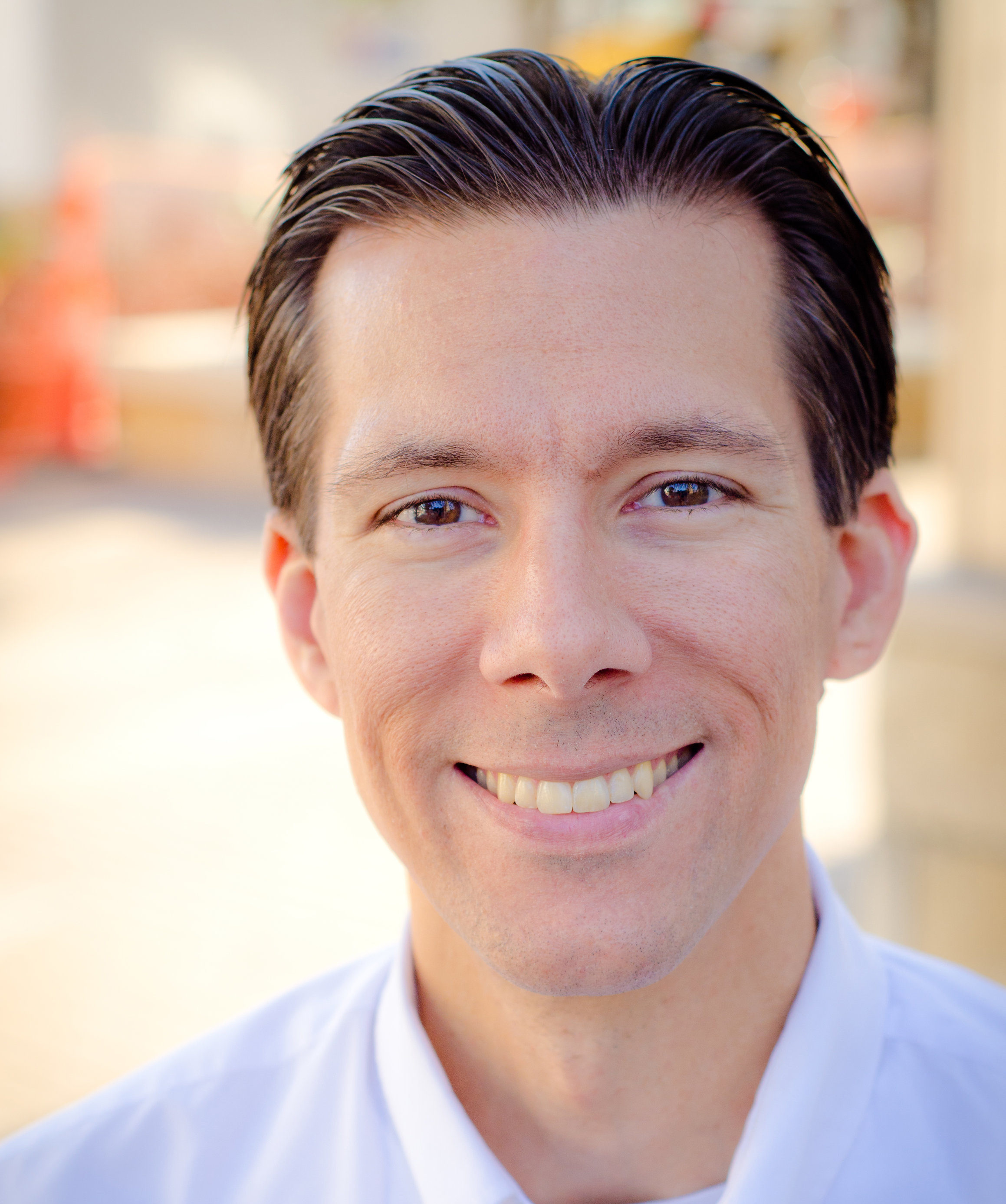I am grateful that the post-liberal, nationalist right has grown more explicit about its antipathy to core tenets of classical liberalism. That makes it easier to tease out the full implications of their argument. Sohrab Ahmari, for example, explicitly rejected the constitutional tenet of “viewpoint neutrality” during his debate with David French last week. Yoram Hazony has advocated for an established “public religion,” and for the legal privileging of “Anglo Saxon Christian norms” in American law and policy.
Their argument amounts to a rejection of liberal neutrality. The state is supposed to be neutral between conceptions of the good, between religions, between cultures and ideologies. This is what the disestablishment of religion means. Ahmari, Hazony, and others believe such neutrality is a Trojan Horse for smuggling in progressive philosophy. The public square isn’t neutral and hasn’t been for a century, they say, and so we should drop the pretense, fight back, and try to impose our vision of the common good.
To this debate, my friend Jonathan Leeman has added a theological point: liberal neutrality is impossible if we approach it with Enlightenment or secular premises. “The public square is not neutral and god-free. We all have gods hiding inside our definitions of those shared terms, and we’re all trying to win the vote for the sake of our gods.” (He and I debated this point on my podcast recently). Leeman still believes “we don’t want to give up on the institutions of liberal democracy just yet,” but is cautious and skeptical about its claims and about the prospects for it to be highjacked and turned into the “subtler tools of a twenty-first-century legal totalitarianism.”
The debate between nationalists and conservatives hinges crucially on this question. Is liberal neutrality possible? Is it even desirable? Before I offer an answer, I want to make a few observations.
I.
We violated liberal neutrality first. By “we,” I mean white American Christians. (I don’t assume only white Christians read Providence, but let me speak to that subset of our readership for a moment). The progressive left started its long march through the institutions a century ago because, they claimed, America wasn’t actually a fair country for all its citizens. The deck was stacked; neutrality was a sham; the system was rigged, and significant reform was necessary to help America live up to its ideals. Spoiler: they were right. While progressives have often been equally hypocritical and racist, and while progressive solutions have been mostly catastrophic for America, their diagnosis was on the money.
The deck was stacked against everyone except rich white Protestant men. If we today dislike progressivism’s distortion of our classical liberal heritage and for its rejection of liberal neutrality, we (white Christians) have ourselves to blame because we were never a paragon of neutrality ourselves. We handed them a template for how to privilege one group above others and taught them how to play this game.
This history is important because much of the post-liberal thought on the right depends on “whataboutism.” They claim we have to resort to these tactics because the left did it first and we have to beat them at their game. Sorry, but the game is ours, and we did it before they did. If we want to stop the spiral or escape the Prisoner’s Dilemma, we should recognize our complicity in creating it in the first place. The challenge today is to live up to our ideals better than we ever have before. Leeman counsels Christians to have a “private hallway conversation” amongst ourselves to establish first principles before we enter the public square. I think this private hallway conversation should include a history lesson and confession and repentance.
II.
Liberal institutions and liberal neutrality may be simply pragmatic tactical approaches to the public square, but we can’t abandon them unless and until we have a better one—and we don’t. Leeman rightly praises liberal institutions—even as he critiques liberal philosophy—because they are and remain viable for protecting ourselves and ensuring a fair and open public square. Participating in liberal institutions is, at least, a viable pragmatic approach to Christian public engagement (I think it is much more than that, but more on that below). This was by and large David French’s argument at the debate last week. Enforcing viewpoint neutrality is not how the progressive left advances its cause: it is how Christians defend themselves and their access to public spaces against the left.
The legal norm of neutrality was sound when it was enshrined in our constitutional order centuries ago. We have always been imperfect in how we implemented it, and the progressive left is mounting a full-scale assault on the principle. The solution is not to join them in throwing it out; it is to mount a full-scale defense of the constitutional order and to be even more principled in our practice of it than we have ever been.
Many Christians are frustrated and impatient with the laborious and inefficient machinery of liberal democracy, particularly since it feels like we’ve been on the losing side of so many disputes for so long. That is why Ahmari and others are ready to throw out liberalism and search for an alternative. But even if they are right that liberal institutions are only a tactic and not a foundational principle (which I don’t think is the case), it seems foolish in the extreme to throw out our most effective available tactic unless and until we find another tactic, another set of institutions, another approach to the public square that is demonstrably superior.
We don’t. The post-liberal nationalist right has yet to propose an real, viable alternative to liberal democracy. The closest is some vague notion of Catholic “integralism,” which I find terrifying, or Hazony’s “conservative democracy,” which I have spilled much virtual ink critiquing already. French nailed this point when he challenged Ahmari to be explicit about how he would stop cultural change—how he would stop drag queen story hour—in ways that would be consistent with our constitutional order. Ahmari had no persuasive answer. The single best argument in favor of liberal democracy is the Churchillian one: Democracy is the worst form of government, except for all the others. Democracy and liberalism are fraught with problems. Sell me an alternative that isn’t worse. In the meantime, complaining about democracy and calling vaguely for something else only hands ammunition to the enemies of democracy around the world.
Those observations are important, but they are secondary to the main question. If liberal neutrality is, in principle, for whatever theological or philosophical problems, impossible or undesirable, then it’s all moot. Is liberal neutrality possible? If so, it is desirable?
III.
Some degree of neutrality is possible. The case against the possibility of liberal neutrality is that it is impossible because of human sin and the limits of our finite minds. Neutrality is impossible because objectivity is impossible. We are inevitably biased about everything in life. We are not so much reasoning creatures as feeling creatures. Instead of abstract rationality, we engage in motivated reasoning; that is, we engage in ex post facto rationalization, working backward to find reasons that support what we already believe or what we know to be in our self-interest, rather than working forwards, so to speak, from first principles to wherever pure logic leads.
Work this out to its implications in the public square, and you get a version of Leeman’s argument: Neutrality is impossible because public life is just a battleground of gods. As Augustine might say, we are defined by our loves, and that means, for most of us, our idols. We live our lives pursuing this or that idol, and politics is mostly all about which idol wins, or which idol gets recognition and funding from the state. Enlightenment philosophers were naïve and arrogant in their presumption to have a “view from nowhere,” and their pretensions to objectivity led to the philosophical cul-de-sac of postmodernity that we live in today.
I think this argument overstates the implications of human fallibility. I agree with the premise (we are imperfect, sinful, and often foolish), but I don’t think the political implications of this premise are as bad as Leeman and others seem to think. If we follow their argument to its logical conclusion, they are arguing that the rule of law itself is impossible. Law is nothing if not an abstract rule that is supposed to be applied fairly, equally, and, yes, neutrally to all under its jurisdiction. Yet we live under a regime of remarkably legal fairness, which suggests some form of legal neutrality is possible.
No matter how flawed our legal system (especially when it comes to impartial justice across racial and ethnic lines), I hope Leeman and others would grant that we have one of the better legal environments in the world, even in world history. The success of the rule of law in much of the developed world (not just the “Western” world, but also developed nations like Japan and South Korea) shows that it is possible to have a system of law that actually functions with some rough degree of acceptable fairness and neutrality.
A concrete example might help. Ahamri kicked off this whole kerfuffle earlier this year when he was upset about a public library in California hosting a drag queen story hour. French defended the idea that libraries, as public accommodations, should not deny access to people based on what they believe or who they are; therefore, public libraries must make themselves available to drag queens. If Leeman and Ahmari are right, it would be impossible for a library administrator to effectively, impartially adjudicate the requirement to sustain “viewpoint neutrality” in deciding how to allocate access to the library.
However, that seems absurd on its face. How hard is it to say both drag queens and fundamentalist Christians can both use the library? This isn’t especially hard, no matter how deep original sin goes, no matter the noetic effects of the fall. Neutrality sounds very complicated in theory, but I don’t think it is all that hard in practice. Progressives sometimes abuse and distort the law to discriminate against Christians by arguing that neutrality means a naked public square stripped of religion. The Supreme Court is not on their side. That is why lawyers like David French have been so successful suing universities and other places who violate neutrality by trying to deny Christians access to their resources. The problem is not that we aspire to neutrality; it is that the progressive left has repeatedly and continually tried to violate neutrality and enforce a version of secularism on the public square. The solution isn’t to give up on neutrality; it is to strengthen neutrality.
IV.
Neutrality is desirable. Ahmari and his allies deny we should even pursue liberal neutrality because they think it is a Trojan Horse in which progressive secularism is hiding. Progressives have defined what counts as acceptable public discourse, so if we play by their rules, we end up cutting ourselves off from our best and truest resources. Progressives say we can’t appeal to God, and so our foundational arguments against abortion, for example, are neutered before we even start arguing. Let’s stop pretending to advocate for neutrality and just advocate for our views.
I argued above for some of the pragmatic arguments in favor of liberal neutrality. I rather like the First Amendment, for example. I also am capable of thinking beyond the next election: I fear what will happen if the other side takes power and uses the government to impose their vision of the good on the rest of us (even more so than they already do) using the precedent we would set if we jettisoned liberal neutrality. I would not want to live in a country in which drag queens were barred by law from going to the library or hosting an event, partly because that’s just bigoted but also because that will only incentive a drag queen to run for mayor and turn the ban around against fundamentalist Christians. The idea of precedent isn’t hard to grasp.
However, the more important argument is the principled case. Drawing the argument out to the rule of law itself helps us see why neutrality is not just possible, but desirable, even mandatory. The United States aspires to “equal justice under law,” (which is emblazoned on the front of the Supreme Court). Lady Justice is always portrayed in classical art blindfolded to symbolize that justice is blind: that is, it is blind to the person, ignorant of the particulars of his or her life, background, or circumstances. If one renders judgment justly, one renders it neutrally among the contesting parties.
Justice requires neutrality, of a sort. Leeman quotes 2 Samuel 8:15 about King David, who “administered justice and equity to all his people.” God himself is said to judge with equity (Psalm 96:10). The Proverbs exhort us to seek “righteousness, justice, and equity” (1:3). Equity is fair dealing; it is synonymous with impartiality. The just judge—and as citizens in a democracy, we are all called to render judgment justly—does not discriminate against other citizens based on who they are or what they believe; he renders judgment based on the law and the deeds at hand. Law itself aspires to be neutral; it is part of the very essence of what it is. This isn’t quite the neutrality of the Enlightenment, but perhaps it is a version of liberal neutrality implied by the Augustinian Liberalism that I and others have written about.
During the Ahmari-French debate, French returned again and again to the idea that Christians are called to love our enemies. It seems that one of the most important ways we can love our “enemies” in the culture war (and I hate that such militaristic language has become so routine in the context of peaceful democratic contestation), is to sustain a system of equity, fairness, and, yes, neutrality. We disagree with them, we find their agenda unjust and destructive, and so we advocate not for the forcible imposition of our views, nor the legal proscription of theirs, but for fair and equal access to the public square for all. That is both distinctively Christian and distinctively American. Perhaps we can find common ground by reaffirming the very old ideas of limited government, a system of ordered liberty, and a state that does not try to be all things to all people but mostly stays out of their way.







 Live in the DC area? Sign-up for Providence's in-person events list!
Live in the DC area? Sign-up for Providence's in-person events list!